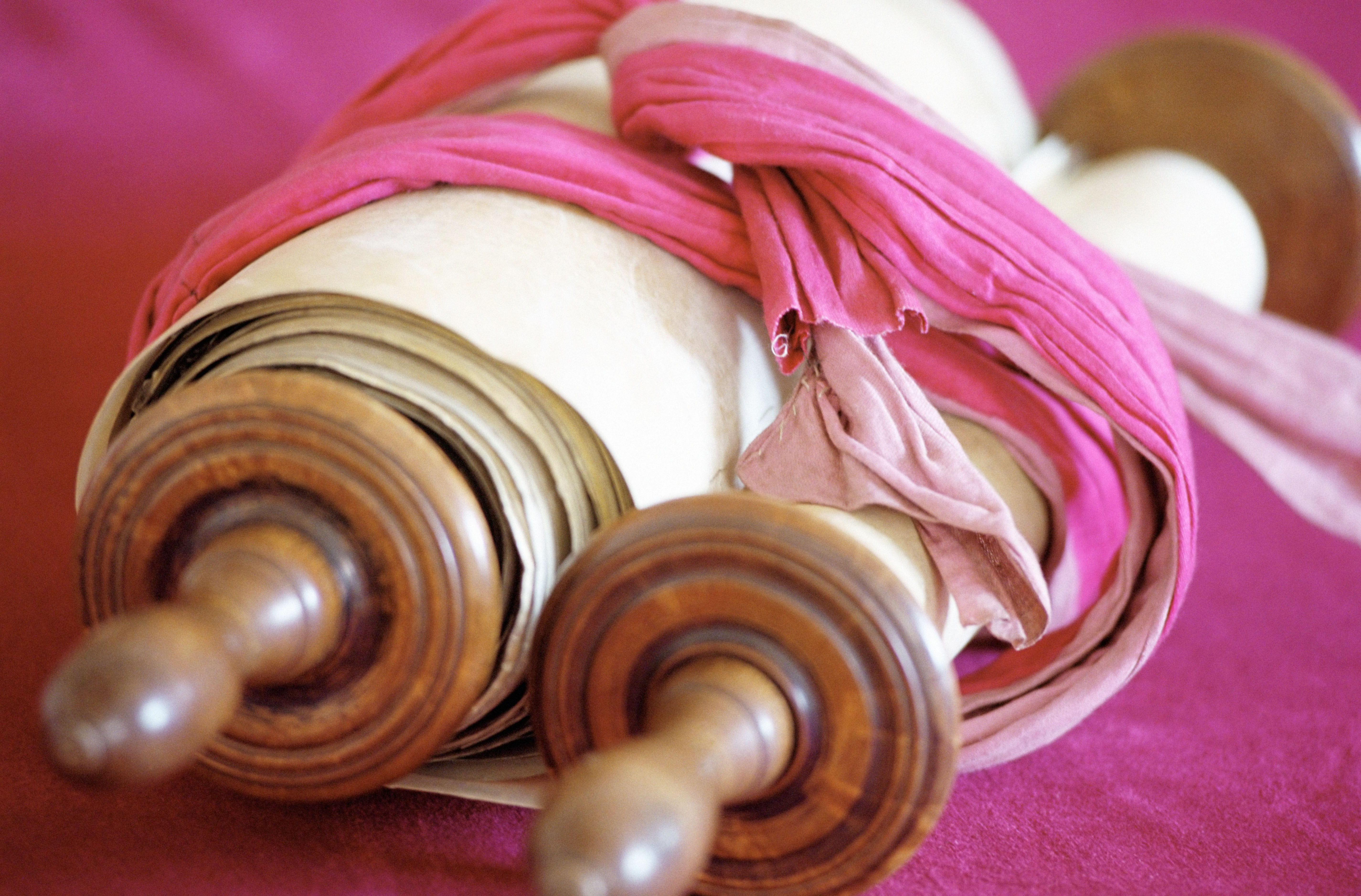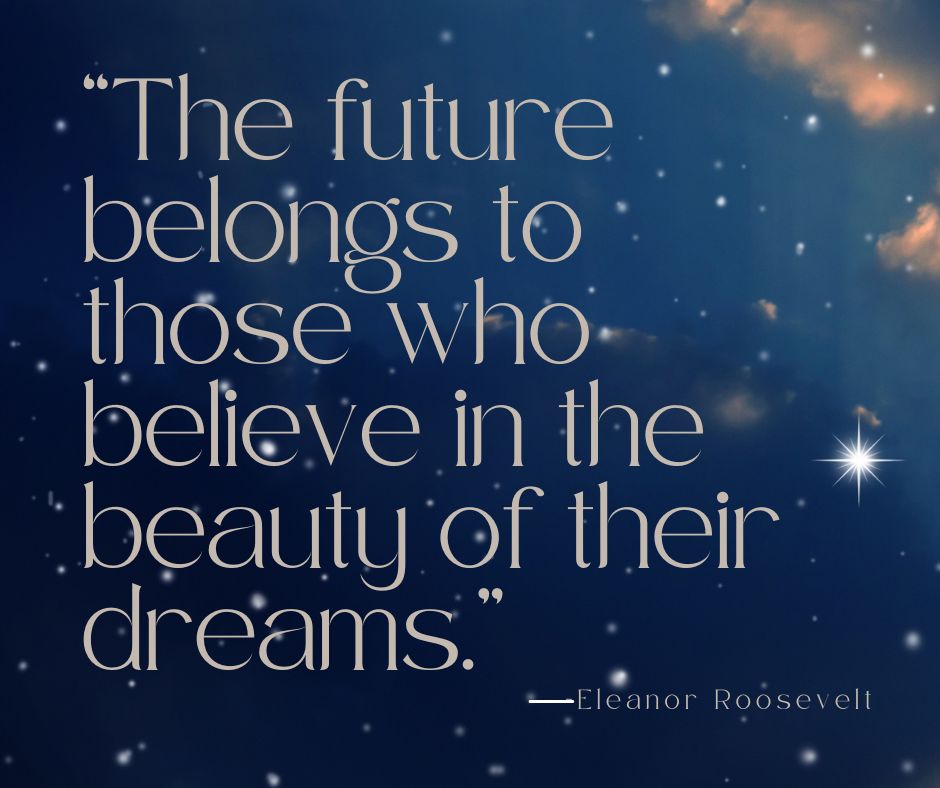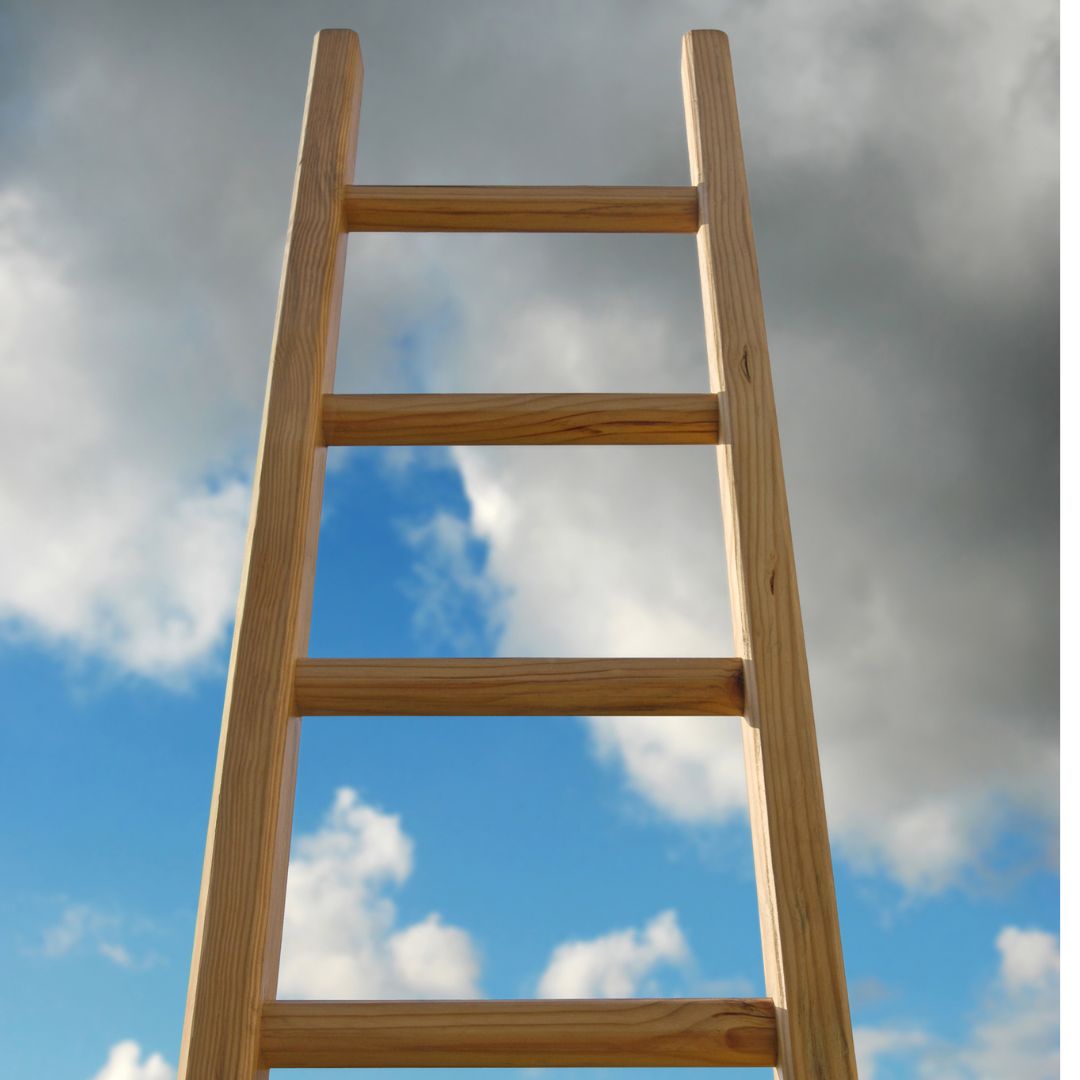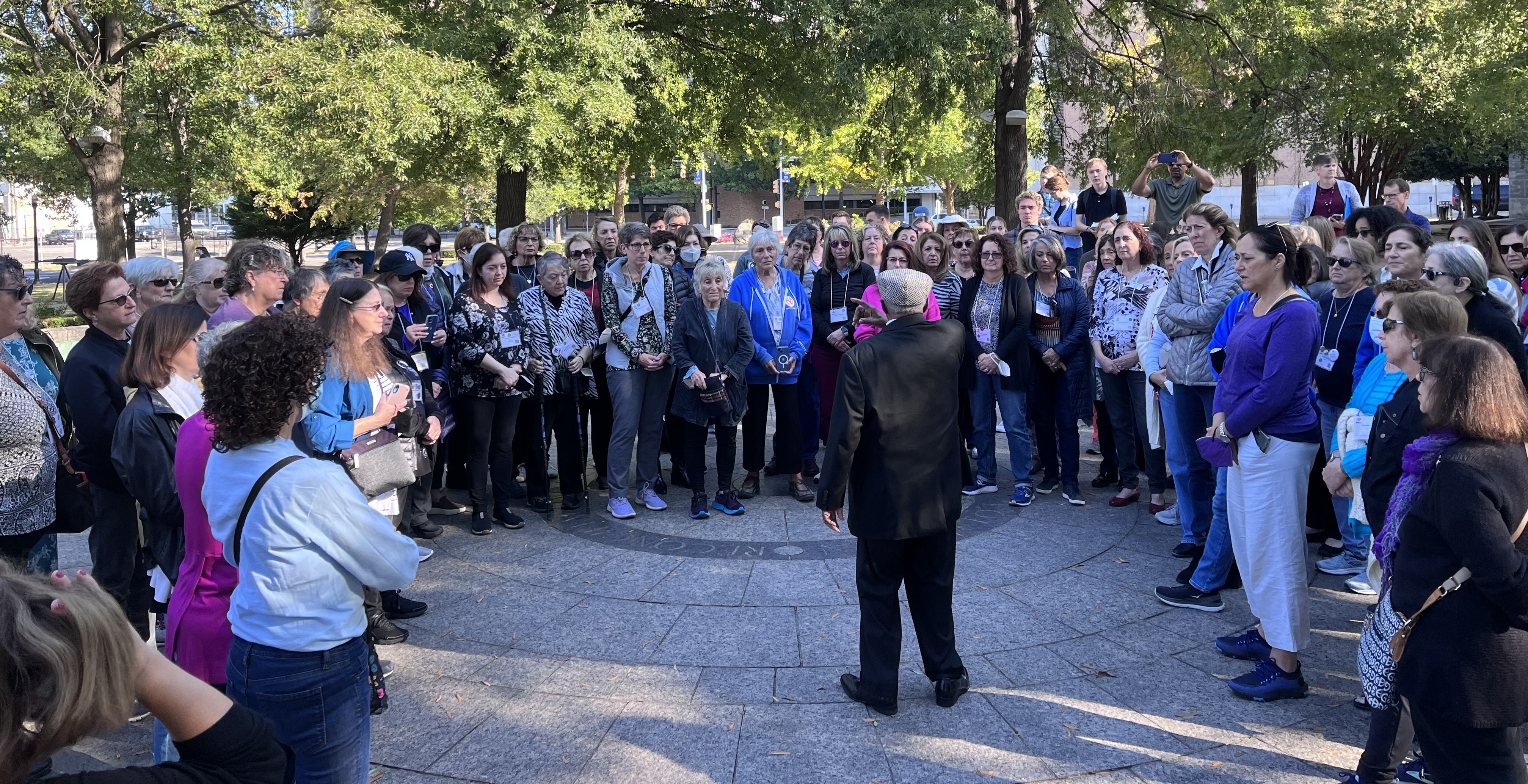Parashat Mikeitz
What really stood out to me as I was reading the Contemporary Reflections in The Torah: A Women’s Commentary by Judy Schindler was her reminder of Joseph’s children’s Ephraim and Manasseh becoming part of our tables for generations – the Sabbath Prayer. “May you be like Ephraim and Manasseh.” It reminds me of the many Shabbats I spent hearing the Fiddler on the Roof version of the Sabbath Prayer at Henry S. Jacobs Camps. I remember how comforting it always is to hear, “May the Lord protect and defend you.” After hearing, “May you be like Ruth and like Esther,” I am instantly taken back to wearing white and sweating (it is hot in Utica, MS!).





